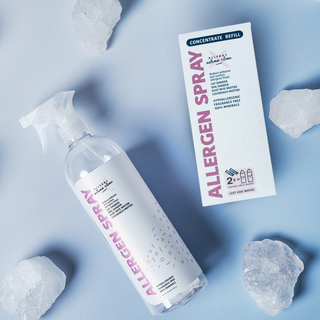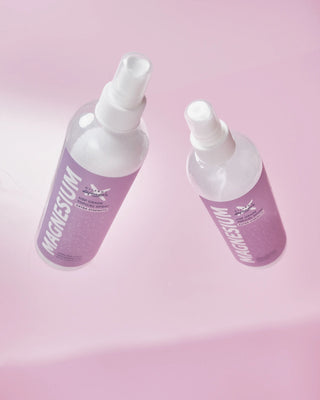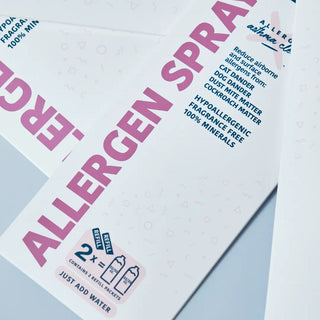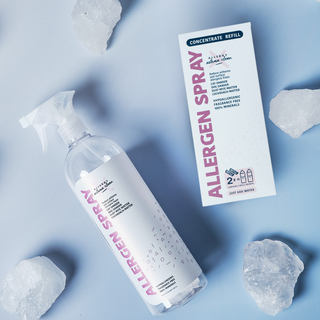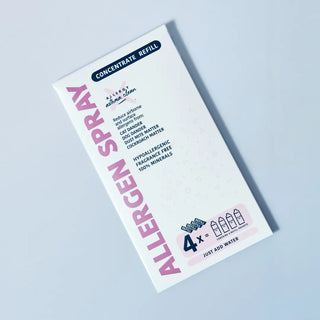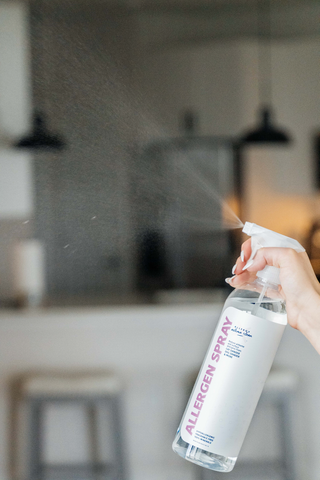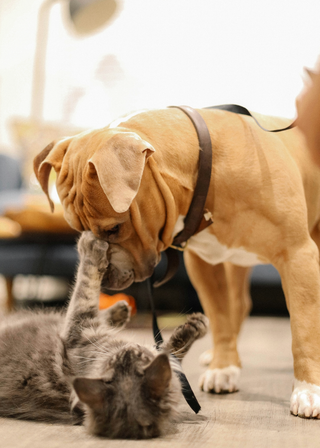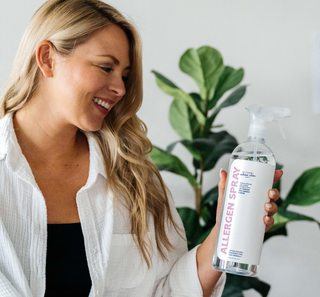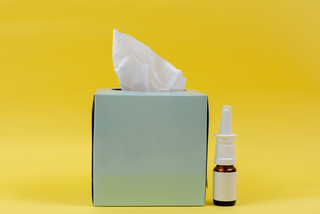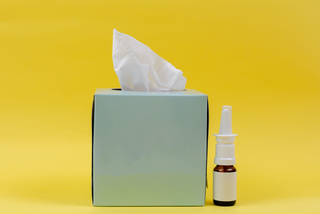Pet dander is a common allergen that can cause severe allergic reactions in some people. It is an airborne and surface protein produced by skin cells, saliva, and urine from cats and dogs. These particles are so small they can easily become airborne by vacuuming, movement, and more. When inhaled, the body’s immune system may overreact to the presence of pet dander and release inflammatory chemicals such as histamines into the bloodstream. Common symptoms include sneezing, wheezing, coughing, and itchy eyes, nose, throat and more. In extreme cases, asthma attacks may occur, which require medical attention immediately. Therefore pet dander can be dangerous, but taking steps to reduce pet dander allergens can have an impact on your health.
Should one consider an allergy test?
Yes, considering an allergy test is recommended for individuals with pet allergies. Consulting an allergist and undergoing an allergy test can help determine specific allergens causing the symptoms. This information is crucial in developing an appropriate course of action to manage pet allergies effectively.
What medications can be used to manage pet allergies?
There are several medications that can be used to manage pet allergies. Over-the-counter antihistamines and decongestants are often effective in relieving symptoms. In more severe cases, corticosteroids or leukotriene modifiers may be prescribed by a healthcare provider. It is important to consult with a healthcare provider to determine the most suitable medication and dosage for individual needs.
How can air purifiers be used to decrease allergens?
Air purifiers can be used to decrease the amount of allergens in the air. These devices help filter out pet dander and other airborne particles that can trigger allergies. By using air purifiers in the house, it helps improve indoor air quality and reduces the presence of allergens. Be aware though that air purifiers only clean the air near the floor if that's where it's located. Best to use Allergen Spray to reach spots your air purifier can't reach. That way you have your whole room covered.
How can one minimize exposure to pet allergens?
To minimize exposure to pet allergens, it is recommended to keep the pet(s) off furniture and out of the bedrooms of anyone with an allergy. Cleaning furniture, carpets, and clothing immediately and frequently after contact is also important. Additionally, washing hands or even bathing after direct contact with the animal can help reduce exposure. Brushing your pet in a closed-off area away from the person with asthma is advised. Creating a pet-free zone in the house and using air cleaners to decrease the amount of allergens in the air can further help minimize exposure.
5 steps to do today to help control pet dander:
1. Keep your pet out of the bedroom. This is probably the single most important thing you can do to help reduce your pet allergens. By keeping your pet out of the bedroom, you create a safe haven where you can retreat when symptoms start to flare up. Change into clean clothes before entering the room to reduce pet dander.
2. Vacuum at least twice a week, preferably daily. Vacuuming with a HEPA filter will help to remove pet dander from carpeting and upholstery. Be sure to vacuum regularly, even if you don't have visible signs of dirt or debris. As vacuuming/cleaning can release pet allergens back into the air, it is best to use Allergen Spray after cleaning and both before and after vacuuming.
3. Wash in hot water, above 135 degrees. Be sure to wash all of your clothing, bedding, and towels in hot water at least once a week. You may also want to consider using a a fragrance free laundry detergent to further reduce the risk of triggering an allergy.
4. If you want to reduce the amount of pet dander in your home, one of the best things you can do is declutter. Removing unnecessary clutter also helps to minimize dust build-up, which in turn helps to keep pet dander at a minimum. And cleaning your home will be faster and easier.
5. Change your air filters at least once a month. If you have multiple pets, you may need to change your filter even more frequently, even every 2 weeks. Regularly changing your air filters is an important part of keeping your home clean and ensuring you can breathe easier with pet allergies. So if you have a furry friend, add the cost of air filters to you monthly budget. Install a high-rated MERV filter, 10 or above.

